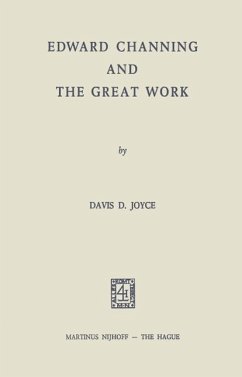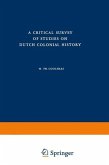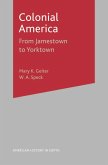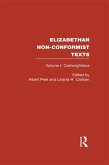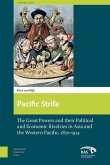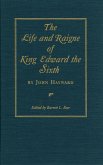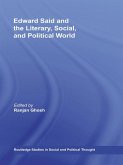Twenty years after Edward Channing's death in 1931, historians differed rather widely in their evaluation of his work. A British author, surveying American historiography since 1890, was quite critical of Channing's major contribution, the six-volume History of the United States, contending that it "won only a contemporary reputation which is not wearing well. "l Referring specifically to the second volume of the History, this writer stated his feeling that it "added little of substance to what was to be found in earlier works," and that it "was so partisan as sometimes to be quite misleading. "2 Quite a different view was expressed by an American historian writing in the same year. He felt that Channing seemed "assured of a niche in the his torians' Hall of Fame as one of the giants of American historiography. "3 Many of Channing's findings were new, this writer emphasized, and had been useful to other historians. He concluded that Channing's History "wears well twenty years after his death," and, indeed, "remains one of the major accomplishments in the field of American historical writing. '" Some support is given to the latter interpretation by a poll of historians, once again dated 1952, to determine preferred works in American history published between 1920 and 1935. Channing's History finished eighth, fol lowing only the works of Parrington, Turner, Webb, Beard, Andrews, 5 Becker, and Phillips.
Dieser Download kann aus rechtlichen Gründen nur mit Rechnungsadresse in A, B, BG, CY, CZ, D, DK, EW, E, FIN, F, GR, HR, H, IRL, I, LT, L, LR, M, NL, PL, P, R, S, SLO, SK ausgeliefert werden.

